What’s all the fuss about antioxidants?
By Louise Belle BHSc (Nut Med)
An antioxidant is exactly as its name implies – it stops oxidation. Oxidative damage impairs the ability of cells to function normally and can even result in cell death – not ideal is it? Oxidation can occur as a result of free radicals, which are highly reactive compounds with unpaired electrons. They can damage cell membranes, DNA, proteins and lipids, disrupt homeostasis (balance) in the body and can contribute to disease formation. Free radical production in the body can be caused by a number of factors such as exposure to air pollutants, the food we eat (fried foods, pesticides, alcohol), cigarette smoke, and x-rays. Antioxidants are also known as ‘free radical scavengers’ due to their ability to stabilise free radicals (by donating an electron) to make them non-toxic to cells. Antioxidants are naturally occurring substances present in our bodies and particular foods that protect against oxidation, reduce inflammation in the body and improve overall health status. Fruit, vegetables, herbs and spices generally have higher antioxidant concentrations than animal sources. Here are some common antioxidants:
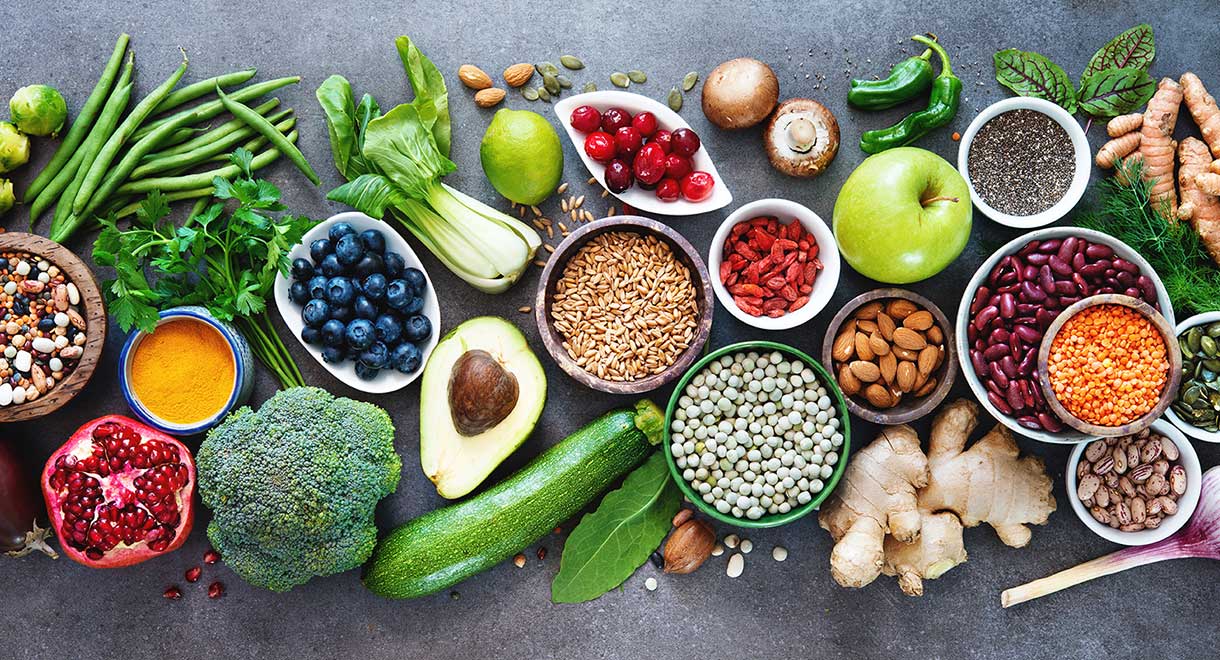
Beta-carotene
This carotenoid is found in carrots, pumpkin, sweet potato, spinach, mango and apricots. It can be converted to vitamin A in the body which is needed for healthy eyes, cell repair and immune function.
Selenium
Has anti-inflammatory properties, supports healthy immune function and is a powerful antioxidant. Selenium is found in Brazil nuts and seafood, but due to selenium depletion in Australian soils, food sources contain low amounts of selenium. Selenium Ultrapotent capsules contain the recommended daily dose of selenium.
Vitamin C
Found in citrus fruits, capsicum, kiwi, berries, and spinach. Vitamin C is great for the immune system, healthy collagen production (for hair, skin and nails) and has antioxidant abilities.
Flavonoids
Flavonoids have been found to reduce the risk of cardiovascular disease and are found in tea (black and green), onions, berries, parsley, oranges and bananas – just to name a few!
Allicin
When raw garlic is crushed, enzymes produce allicin, which exerts antioxidant, antimicrobial, anti-inflammatory and anticancer activities.
Vitamin E
A fat-soluble antioxidant that supports healthy platelets and blood vessels. Found in nuts and seeds and wheat germ oil.
Glutathione
The most abundant antioxidant in the human body that is important for liver detoxification and maintaining healthy immune function. Selenium, N-acetyl cysteine, glutamine, sulphur foods (such as cruciferous vegetables) and other antioxidants help to increase levels of glutathione in the body.
Including antioxidants in your regular diet is beneficial to overall health. See Dr Cabot’s book Raw Juices Can Save Your Life for therapeutic juice recipes that are bursting with concentrated antioxidants.




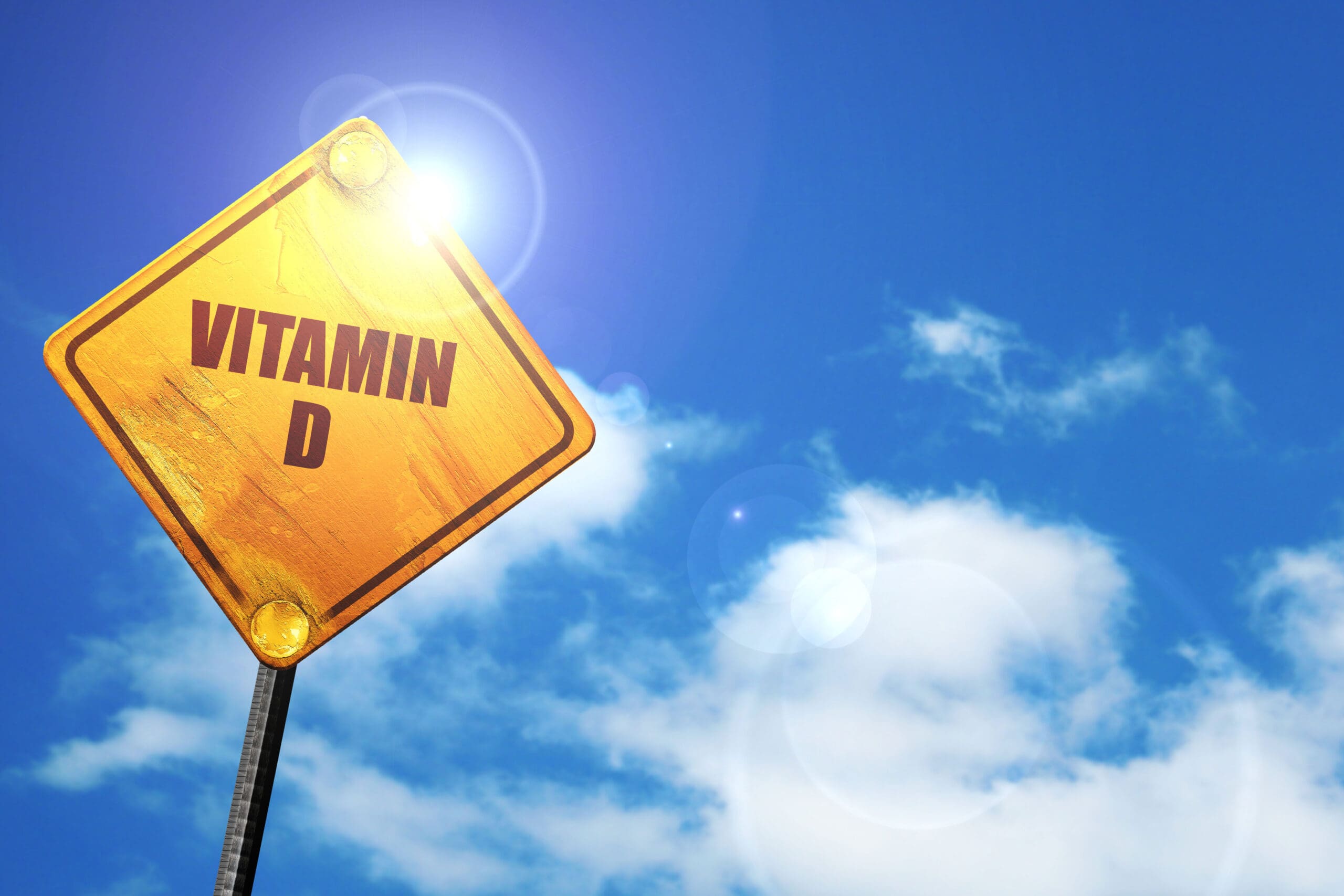
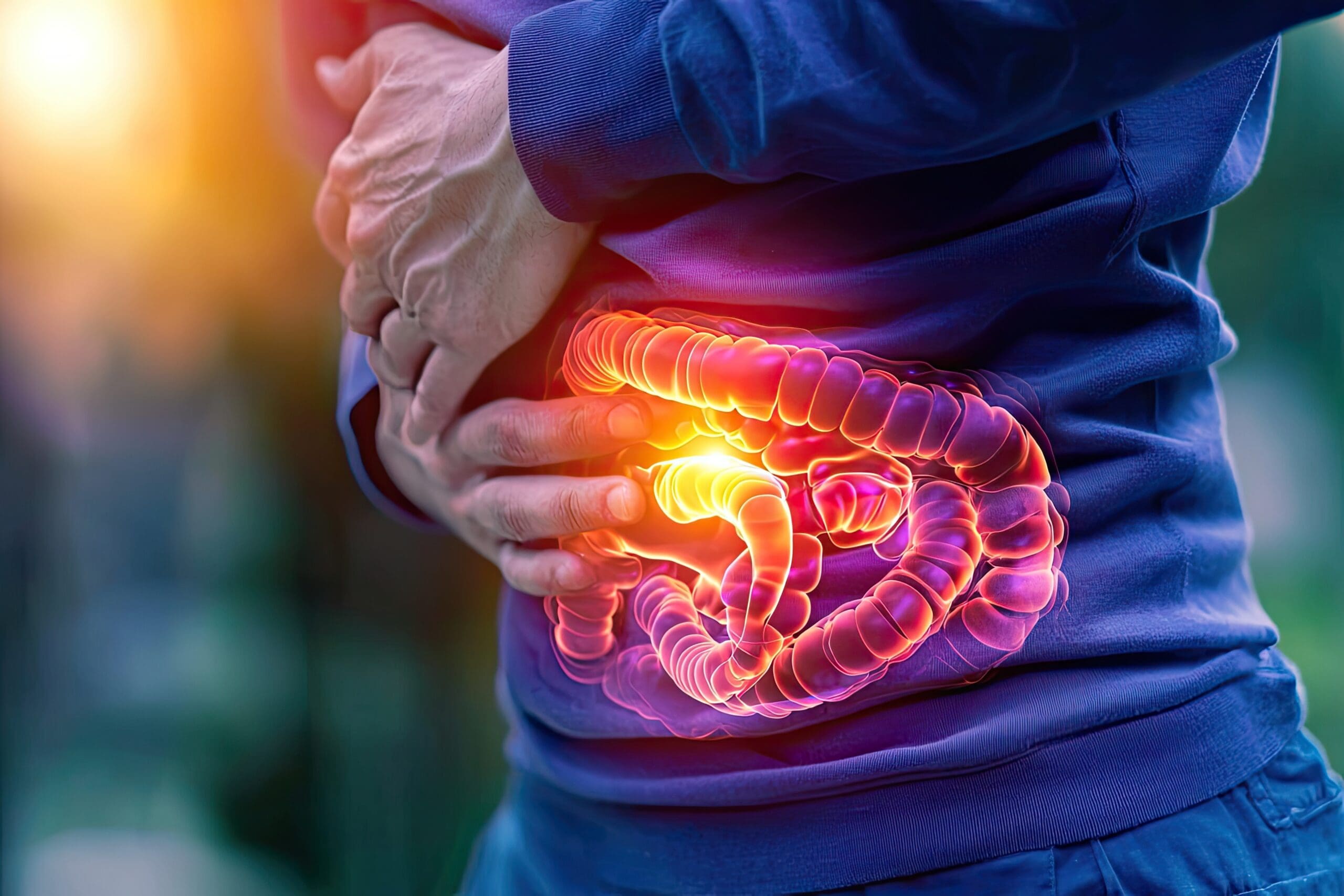
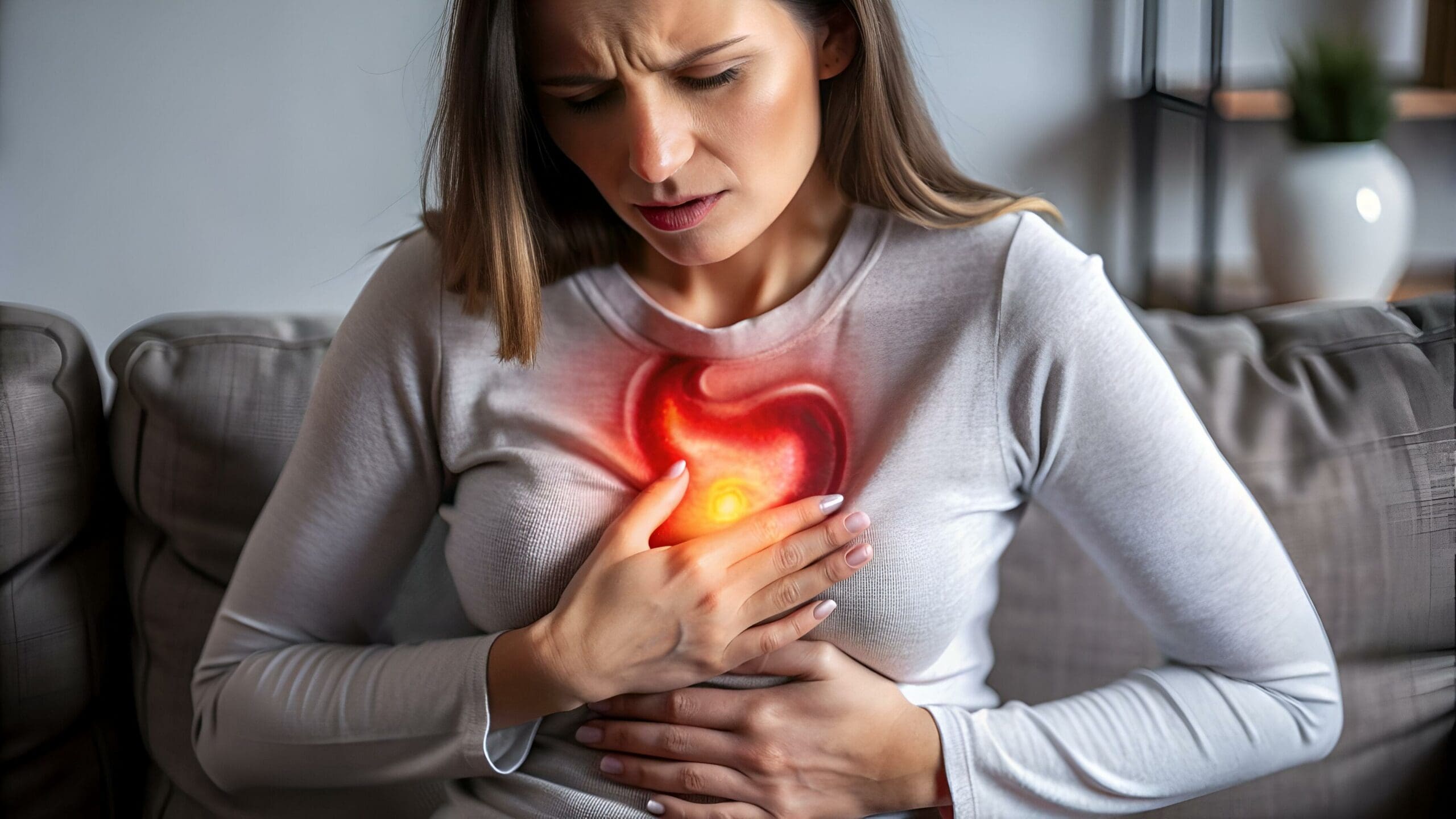
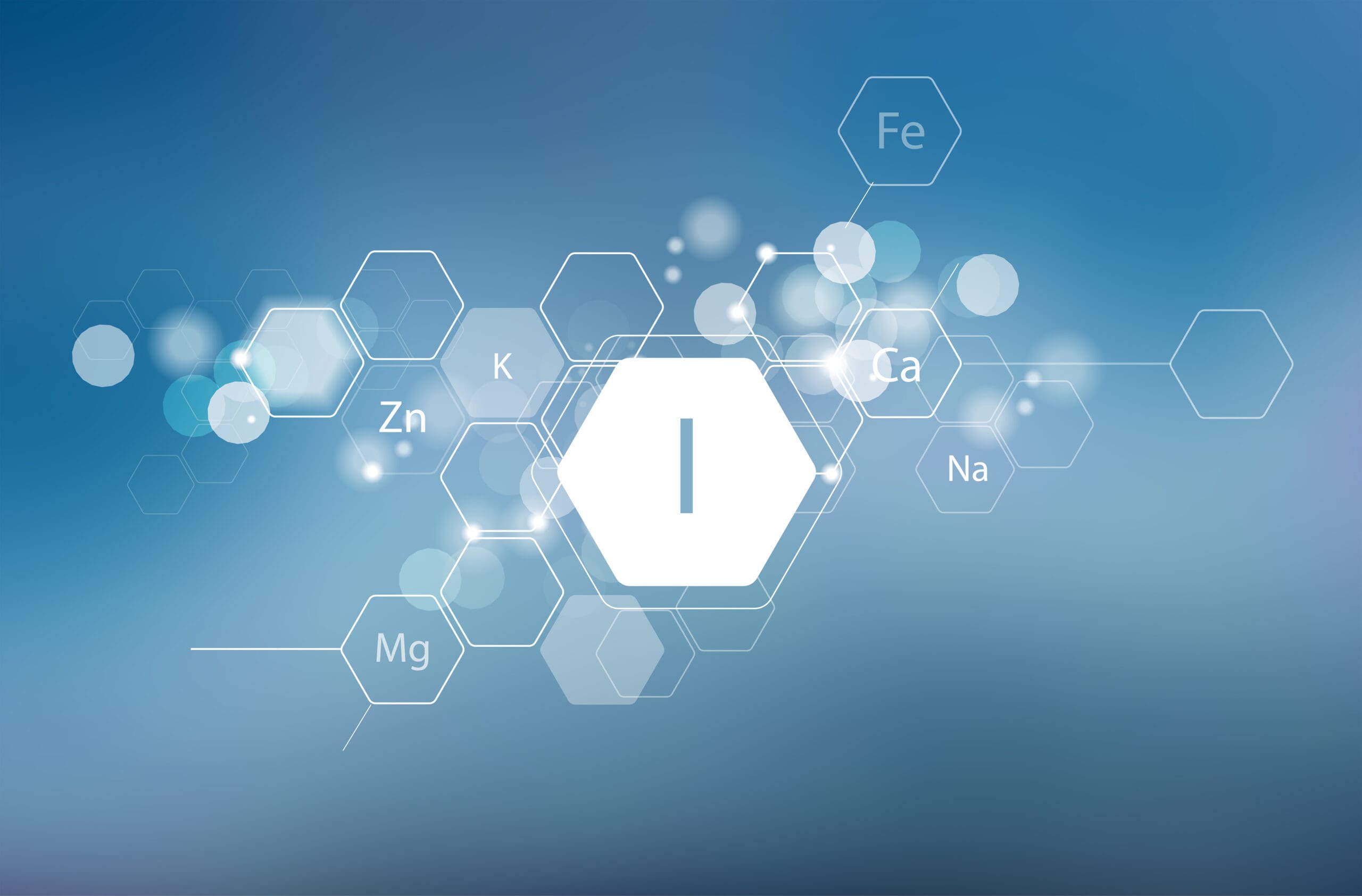
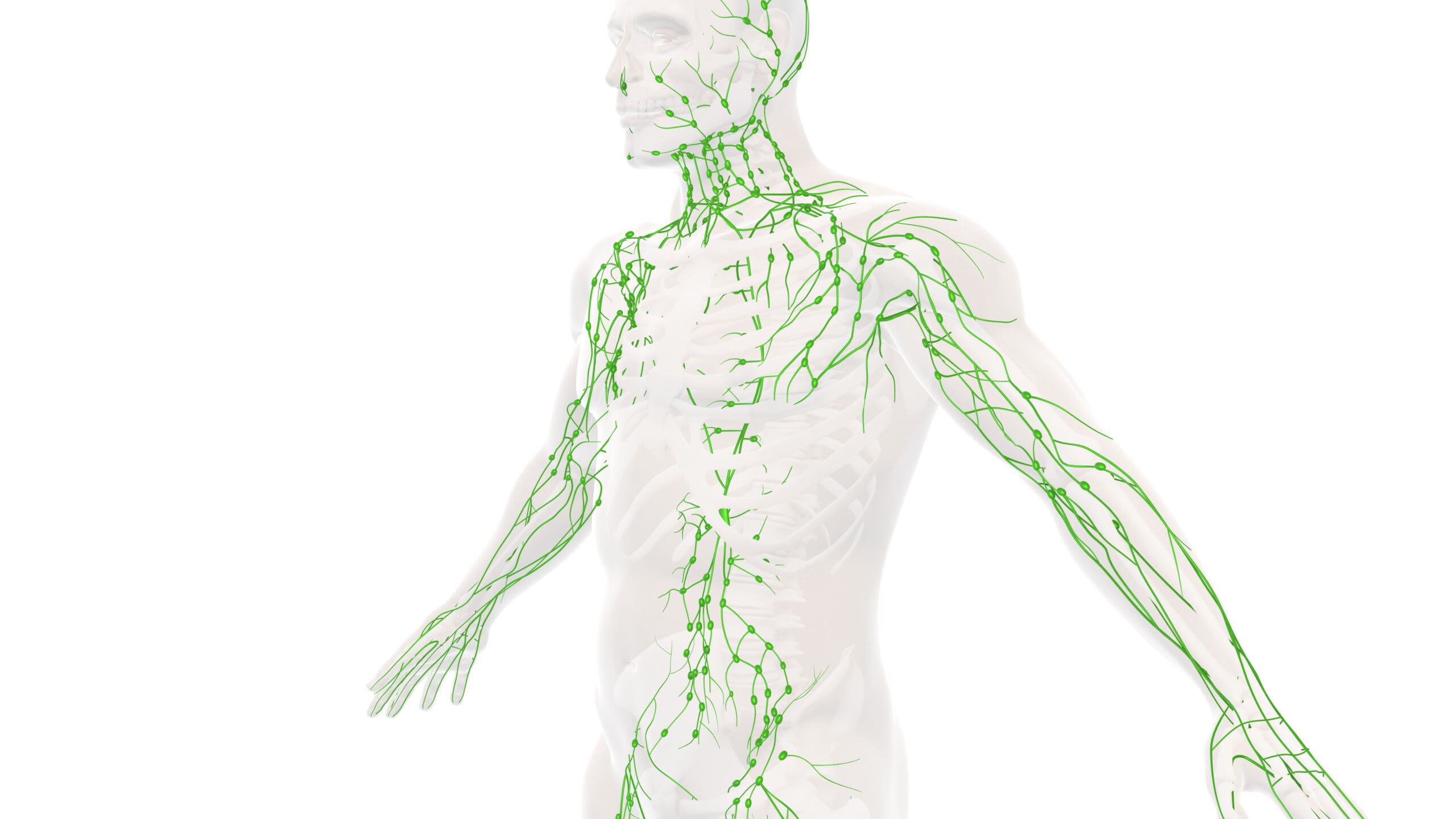
Leave A Comment